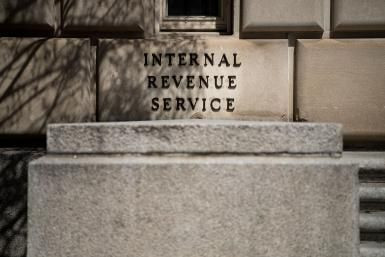PPP Loan Forgiveness If An Employee Refuses To Return to Work

The forgivability of a Paycheck Protection Program loan has attracted many businesses to apply for one of these loans. However, because the loan must be used primarily to pay for employee wages in order to be forgiven, many employers have begun to ask the following question: How can I receive full forgiveness of the loan if an employee refuses to return to work?
The Treasury has just published the following guidance on this question as FAQ #40, here. Basically, it states that:
If the employer makes a good faith attempt to bring the employee back to work (for the same salary/wages and the same number of hours) and if the employee declines the offer, the employer will be held blameless and may omit this employee from the forgiveness reduction calculation. It remains unclear at this time exactly how the calculation will work in practice, though we are awaiting further guidance from the IRS and SBA. The offer to the employee must be in writing and the employee's rejection of that offer must be documented by the borrower. Both employees and employers should be aware that a rejection to return to work may make the employee ineligible for continued unemployment compensation.
This information is current to the best of our knowledge as of May 5, 2020 and we will continue to review all updates and changes as they are released in order to put out the most up-to-date information.
Peter N. Riefstahl is a supervisor at Louis T. Roth & Co., PLLC, a Louisville, KY-based Certified Public Accounting firm that specializes in tax planning, accounting, and business consulting services.
© Copyright IBTimes 2024. All rights reserved.





















